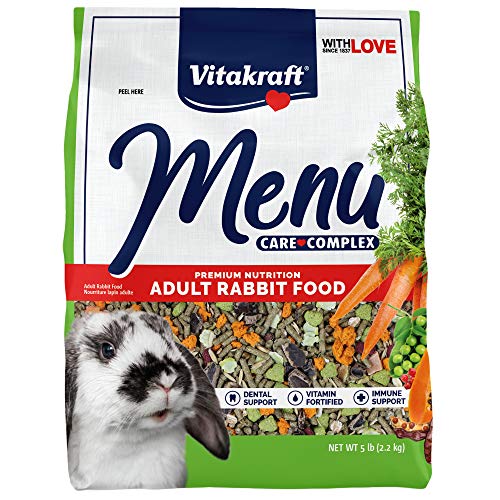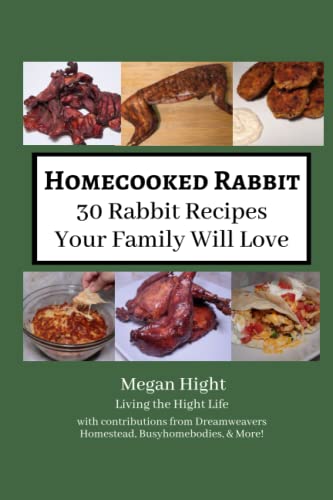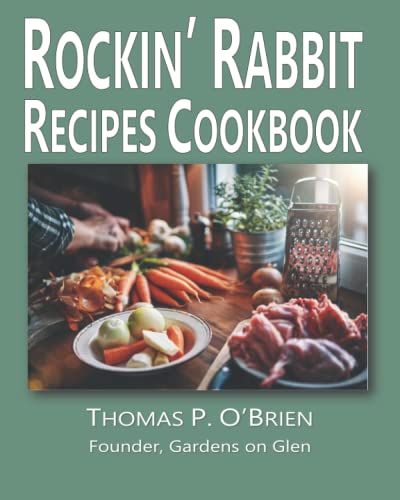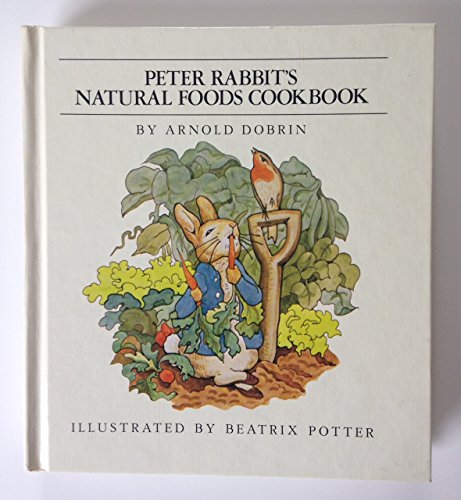I am wanting to make feeding a bit less confusing. Currently feeding 16% to bucks and non-working does, 18% to working does and growouts. It was suggested using 17% for everyone to simplify. Your thoughts? Also note the list of ingredients has alfalfa listed first. Is that considered good or not good as daily feed for all rabbits? See attached guaranteed analysis of a feed I am considering.

Last edited:






















































